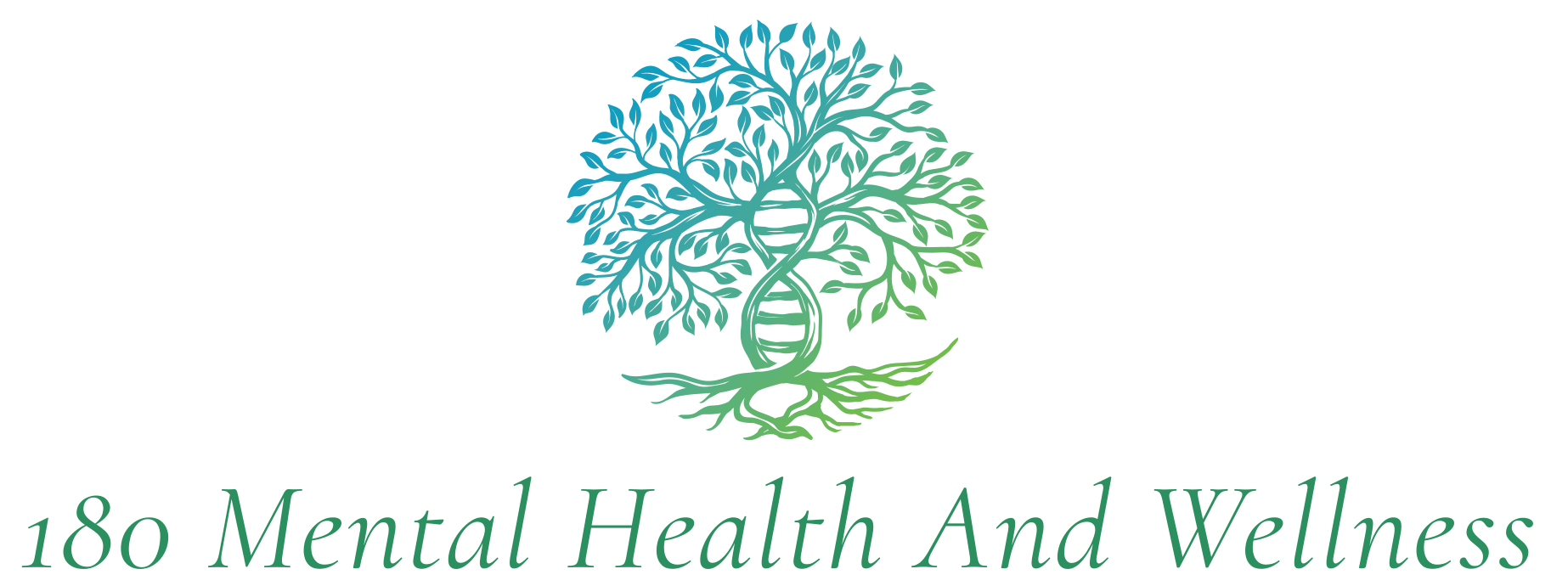Living with OCD can feel very tiring and overwhelming. The constant unwanted thoughts and the need to repeat certain actions can make daily life hard. But having OCD does not mean you cannot live a good life. With the right help and support, it is possible to manage your symptoms and feel better.
This article will talk about the best OCD treatments for adults. If you or someone you care about is struggling, remember—you are not alone, and help is available.
What is OCD?
OCD, short for obsessive-compulsive disorder, is a condition that affects a person’s mental health. People with OCD have unwanted thoughts (obsessions) that make them feel anxious. They try to ease this anxiety by doing certain actions repeatedly (compulsions).
For example, someone might worry about germs (obsession) and wash their hands over and over (compulsion). Another possibility is the need to check if a door is locked many times. OCD can make daily life hard, but with the right treatment from mental health professionals, it can get better.
Best OCD Treatments for Adults Explained
Treatments for OCD address its effects on both your thoughts and actions. They will typically help you deal with unwanted thoughts, cut down on repetitive behaviors, and feel better overall. Here are the most helpful treatment options for adults with OCD.
1. Cognitive Behavioral Therapy (CBT)
Cognitive behavioral therapy is one of the most effective options for OCD treatment for adults. This evidence-based approach helps people understand how their thoughts impact their emotions and behaviors. Within CBT, there is a specific technique called exposure and response prevention (ERP).
Exposure and Response Prevention (ERP)
ERP is a highly effective treatment for OCD. It works by helping people face the things that trigger their fears in a slow and controlled way. During this process, they are encouraged not to do their compulsions when they feel anxious.
For example, someone who is afraid of germs might touch something they feel is dirty. They will have to wait without washing their hands right away. Over time, this can make the fear and anxiety less intense. ERP can feel challenging at first, but it has many benefits. With the support of a trained provider, many people see big improvements and feel more in control of their lives.
2. Medication
Medication is often used alongside therapy to treat OCD. Selective serotonin reuptake inhibitors (SSRIs), like fluoxetine or sertraline, are commonly prescribed for this condition. SSRIs work by boosting the amount of serotonin in the brain. This can reduce obsessive thoughts and compulsive behaviors.
Medication may not completely eliminate symptoms. However, it significantly reduces their intensity for many individuals. It is essential to consult a healthcare provider for the right type and dosage of medication for your needs. Regular follow-ups are also crucial to monitor progress and adjust treatment plans as necessary.
3. Acceptance and Commitment Therapy (ACT)
Acceptance and commitment therapy is another valuable approach for treating OCD. Unlike CBT, which focuses on changing thoughts, ACT encourages people to accept their intrusive thoughts without judgment. ACT teaches mindfulness techniques that allow individuals to observe their thoughts without reacting to them.
The aim is to reduce the emotional impact of obsessive thoughts. This helps individuals engage more fully in meaningful activities. ACT can complement other treatments like ERP or medication, providing a well-rounded approach to OCD management.
4. Lifestyle Adjustments
While therapy and medication are essential, lifestyle changes also play a crucial role in managing OCD. The following adjustments can support overall mental health and alleviate symptoms:
- Stress Management: Practices like yoga, meditation, and deep breathing exercises can reduce overall stress.
- Healthy Diet: Consuming a balanced diet with nutrient-rich foods can support brain function and emotional well-being.
- Regular Exercise: Routine physical activity has been proven to reduce anxiety and improve mood.
- Adequate Sleep: Proper rest is essential for mental health. Adults with OCD should aim for 7-9 hours of sleep each night.
5. Support Groups
Joining a support group can be incredibly beneficial for adults with OCD. Speaking with others who share similar struggles provides a sense of community and understanding. National and local organizations often facilitate these groups, either in-person or online.
Support groups can be helpful, but they do not replace professional treatment. However, they offer additional emotional support and practical advice.
6. Advanced Options for Severe OCD
For those with severe OCD who do not respond to traditional treatments, advanced options may help. Two advanced options that your provider may consider are transcranial magnetic stimulation (TMS) and deep brain stimulation. TMS uses magnetic fields to trigger activity in specific parts of the brain. Meanwhile, deep brain stimulation requires implanting electrodes in targeted brain regions.
Both treatments are typically reserved for cases where other interventions have proven insufficient. If you are considering advanced treatments, consult with experienced mental health providers.
The Best OCD Treatments for Adults in Phoenix, AZ
Dealing with OCD as an adult can feel isolating. However, treatment makes it entirely possible to regain control and achieve a higher quality of life. Therapies like ERP, the right medications, and supportive lifestyle changes can help with OCD treatment for adults. OCD can be a complex disorder, but you do not need to face it alone.
At 180 Mental Health and Wellness, our dedicated providers are here to help you every step of the way. Together, we can create a custom treatment plan tailored to your needs. Trust us to support your mental health as you work toward recovery. Call 180 Mental Health and Wellness today at (480) 863-5250 or request a consultation to begin your treatment. Start your journey to taking back control of your life.
We look forward to serving you!
Sources:
https://my.clevelandclinic.org/health/diseases/9490-ocd-obsessive-compulsive-disorder
https://my.clevelandclinic.org/-/scassets/files/org/canada/ehp/anxiety-ocd

